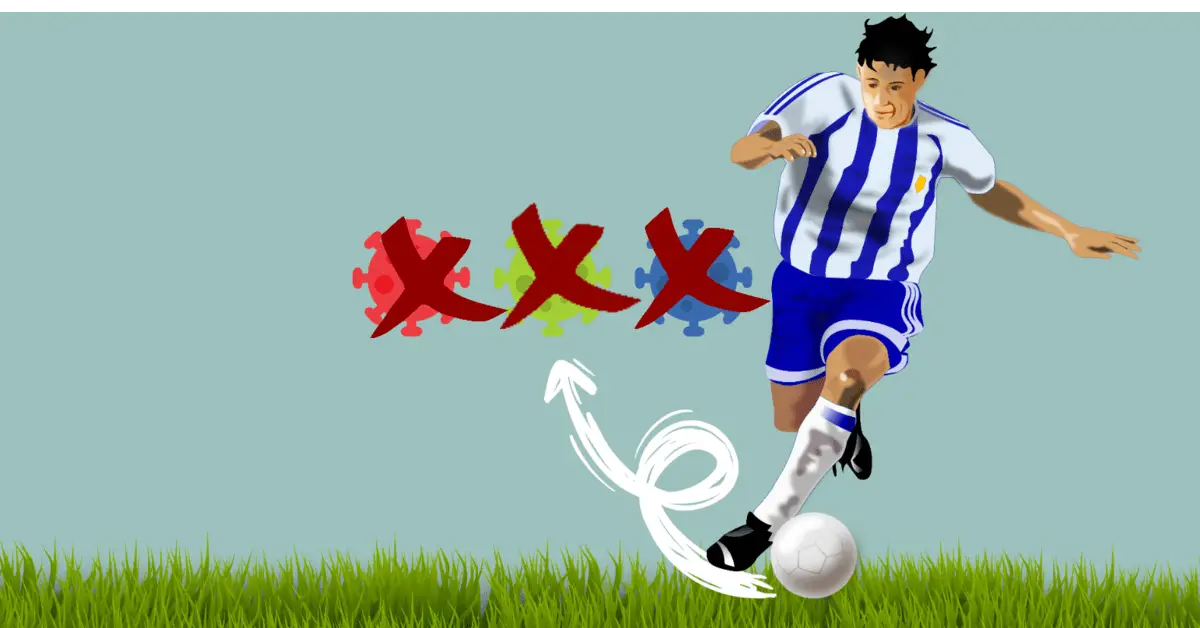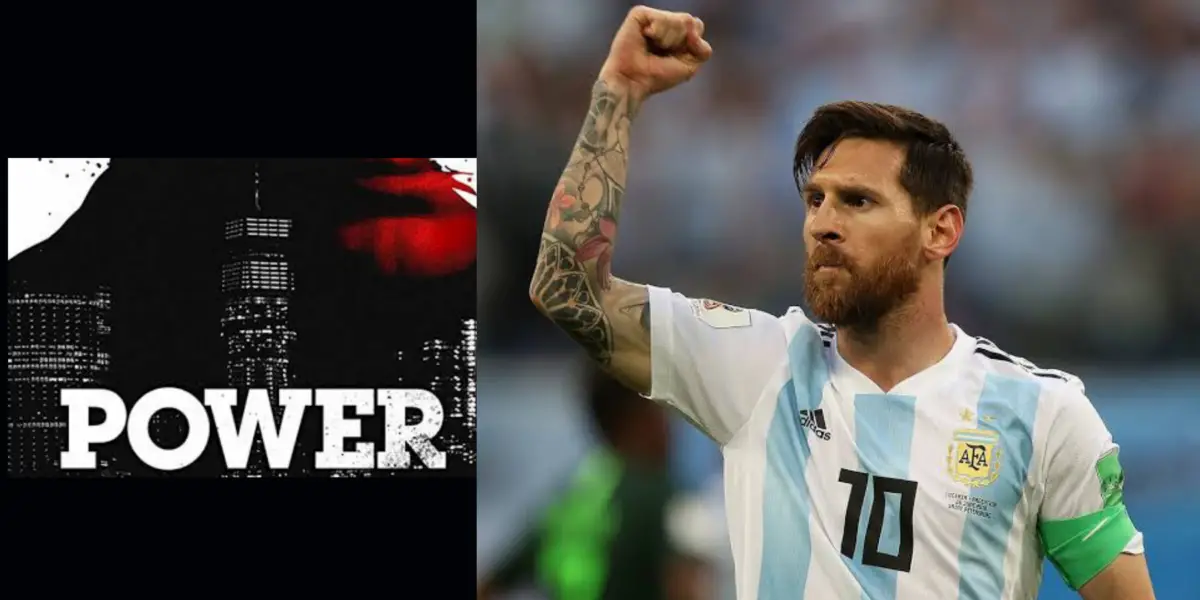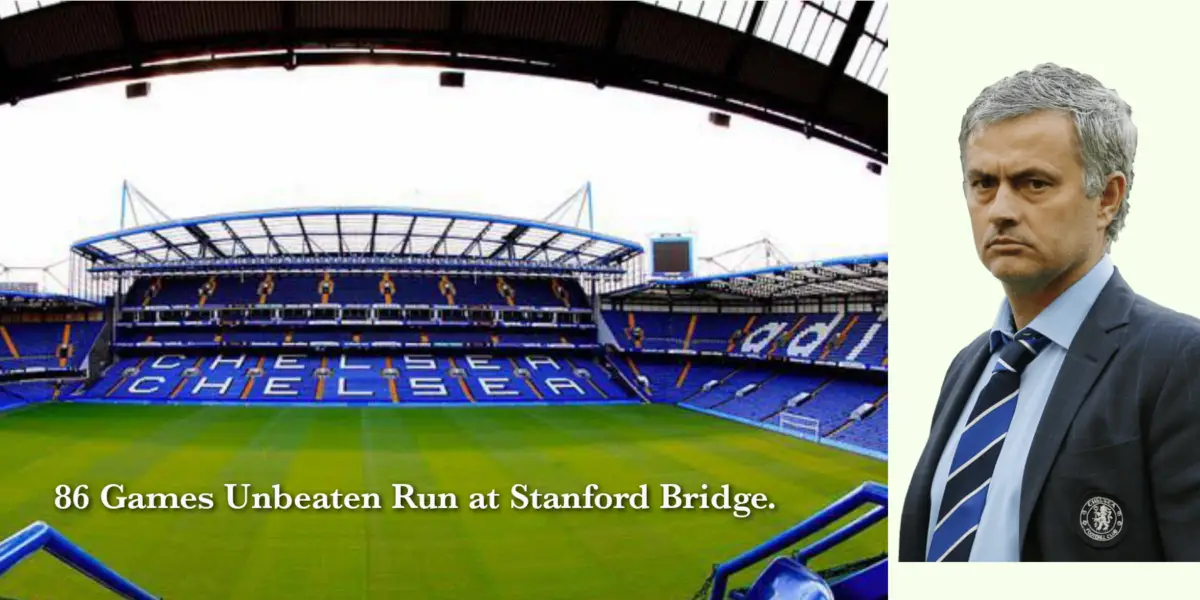Football is in a heated debate. Wolverhampton Wanderers, a Premier League club, dropped a bombshell with their official statement proposing the removal of Video Assistant Referee (VAR) technology for the 2024/25 season. This has reignited the age-old question: is VAR a friend or foe of football?
For this reason, Soofootball debates whether VAR should be scraped or not.
Why VAR SHOULD BE Scrapped
Wolves raise valid points. The raw emotion of celebrating a goal, only to have it chalked off by a technicality after a lengthy VAR check, can be a major buzzkill. Fans complain of frustration and confusion in stadiums due to unclear communication during reviews.
There’s also a concern that VAR has overstepped its boundaries. Originally intended to correct “clear and obvious errors,” it seems to be getting bogged down in analyzing subjective calls, like marginal offsides. This disrupts the flow of the game and compromises the referee’s authority. Isn’t a bit of human error part of the game’s charm? After all, with VAR, mistakes still happen, but with the added frustration of fans who feel replays should eliminate them entirely.
Furthermore, VAR can disrupt the fast pace of the Premier League, leading to longer matches with stoppages for reviews and added time. The constant debate around controversial VAR decisions can overshadow the actual game itself, harming the reputation of the league and fueling baseless accusations of corruption.
Read Also: Are Premier League Teams Playing Too Many Matches?
Why VAR Should NOT Be Scrapped
Scrapping VAR entirely throws the baby out with the bathwater. While there are challenges, the potential benefits of VAR are undeniable. Imagine a world where blatant errors, like missed handballs or offside goals in crucial moments, go uncorrected. VAR has undeniably overturned some game-changing injustices.
The key lies in refinement, not removal. Wolves’ concerns about lengthy checks and unclear communication are fixable. A stricter application of the “clear and obvious error” threshold would prevent unnecessary stoppages. Improved communication between the referee and fans, explaining the rationale behind decisions, can ease frustration.
Technology is constantly evolving. VAR systems can be fine-tuned to make reviews quicker and more precise. Additionally, better training for VAR officials and clearer protocols can ensure consistent application of the rules.
Read Also: What Is Financial Play Rule?
Taking a Stand
The beautiful game thrives on passion and drama, but fairness is equally important. VAR, at its core, is a tool to ensure fairer play. While there’s room for improvement, scrapping it entirely would be a step backwards. Imagine a controversial refereeing decision in a cup final, forever staining the memory of the match. VAR can prevent those heartbreaks.
The Wolves’ statement highlights the need for a serious discussion about how to make VAR work better. Let’s not throw away a valuable tool because of growing pains. With refinement, VAR can become a seamless part of the game, ensuring fairness without sacrificing the spirit of football.
There will always be close calls and debates, but with a well-functioning VAR system, those debates will be about football itself, not the technology that upholds its integrity.





